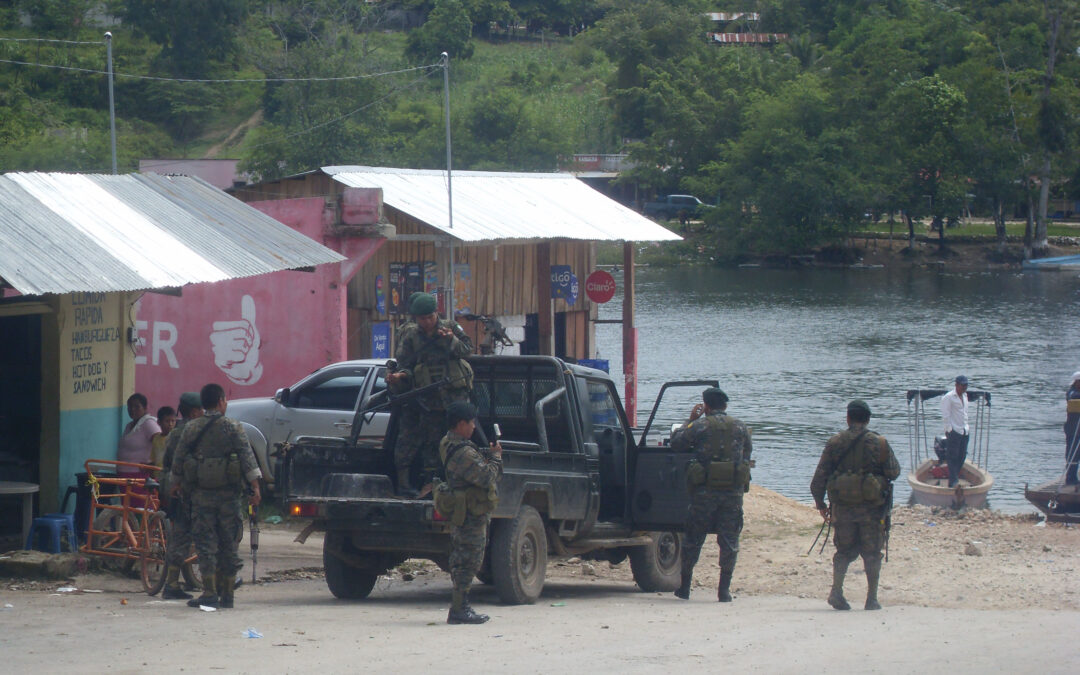
Jun 5, 2017 | News
La CIJ espresa su más honda preocupación por los desalojos forzosos de las comunidasdes de Laguna Larga y la Mestiza, del Departamento de El Petén.
El pasado viernes 2 de junio, el Gobierno de Guatemala llevó a cabo un operativo militar en el Departamento de El Petén de desalojo forzoso de la comunidad Laguna Larga, situada en Laguna del Tigre en el municipio de San Andres, y tiene programado llevar a cabo otro de la comunidad La Mestiza, del mismo municipio, para el 14 de junio.
Como consecuencia de este operativo militar, la comunidad de Laguna Larga – alrededor de 600 o 700 personas, incluidos niños, mujeres y ancianos- decidió desplazarse en condiciones deplorables hacia territorio mexicano, en búsqueda de refugio y protección.
El sábado 3 de junio los miembros de la comunidad de Laguna Larga cruzaron la frontera y se encuentran actualmente en el municipio de La Candelaria, Campeche, México, en condiciones sumamente adversas. Varios niños y niñas muestran signos de enfermedades respiratorias.
Preocupa particularmente a la CIJ la situación física y mental de un niño que fuera perseguido por las fuerzas militares, durante el operativo de desalojo.
En repetidas ocasiones, la CIJ ha expresado que las comunidades que viven en los municipios de San Andrés y La Libertad en el departamento de El Petén, siguen enfrentando la exclusión sistemática por parte de las instituciones del Estado, así como violaciones graves a los derechos humanos, en particular violaciones a los derechos económicos, sociales y culturales.
Por el hecho de vivir en una zona protegida de conformidad con la Ley de Áreas Protegidas, el Estado guatemalteco considera a estas poblaciones como “ilegales” y las acusa de cometer el delito de “usurpación” de áreas protegidas, prohibiendo el ingreso de materiales de construcción, herramientas o cualquier bien que pueda garantizar o significar la más mínima “permanencia” en dichas comunidades o en la zona.
Recientemente fue detenido arbitrariamente el señor Jovel Tovar, acusado del delito de usurpación de áreas protegidas, quien se encuentra detenido en la cárcel de San Benito, en el Departamento de El Petén.
Paradójicamente, el Estado guatemalteco permite y facilita la explotación petrolera en dicha zona, de la compañía PERENCO, a pesar de que los derrames petroleros y otras actividades relacionadas con esa actividad, producen un serio deterioro a las reservas de agua dulce, las cuales son las más importantes de Mesoamérica.
La CIJ considera que esta política afecta seriamente los derechos de la población asentada en la zona.
En repetidas ocasiones, la CIJ ha podido observar que el Ejército de Guatemala, conjuntamente con la Comisión Nacional de Áreas Protegidas (CONAP), implementa operativos por medio de los cuales se lleva a cabo un acoso permanente a las comunidades que viven en las zonas protegidas.
La presencia del Ejército de Guatemala en la zona y la existencia de diferentes “retenes” militares son parte de la estrategia de acoso permanente a las poblaciones asentadas en la región, las cuales llegaron allí en el marco de un programa estatal en los años setenta, antes de la declaración de zona protegida.
Según la Constitución Política de la República de Guatemala, el Estado se organiza para proteger a la persona y no para perseguirla.
El acoso permanente a las comunidades, así como las políticas de Estado contra las personas que viven en las zonas protegidas, estableciendo “cercos de presión psicológica, material y militar”, constituye una política de Estado que contradice la Constitución Política de Guatemala, así como convenios y tratados en materia de derechos humanos – especialmente el Pacto Internacional de Derechos Económicos, Sociales y Culturales (PIDESC) de las Naciones Unidas-, que imponen la obligación al Estado de garantizar los derechos económicos, sociales y culturales y que toda persona disfrute del más alto nivel posible de salud física y mental.
Ramón Cadena, Director de la CIJ para Centro América expresó: “Esta política del Estado de Guatemala de desalojar a las comunidades de cualquier región del país en forma violenta, contraviene el Derecho Internacional de los Derechos Humanos y los estándares internacionales y el Estado de Guatemala debe ser declarado responsable y reparar los daños y perjuicios causados.”
Para mayor información:
Ramón Cadena, director CIJ C.A. al correo ramon.cadena(a)icj.org o a los telefonos +502 23601919; +502 23610538.
Leer más aqui:
Guatemala-Desalojo Peten-News-2017-SPA (en PDF)
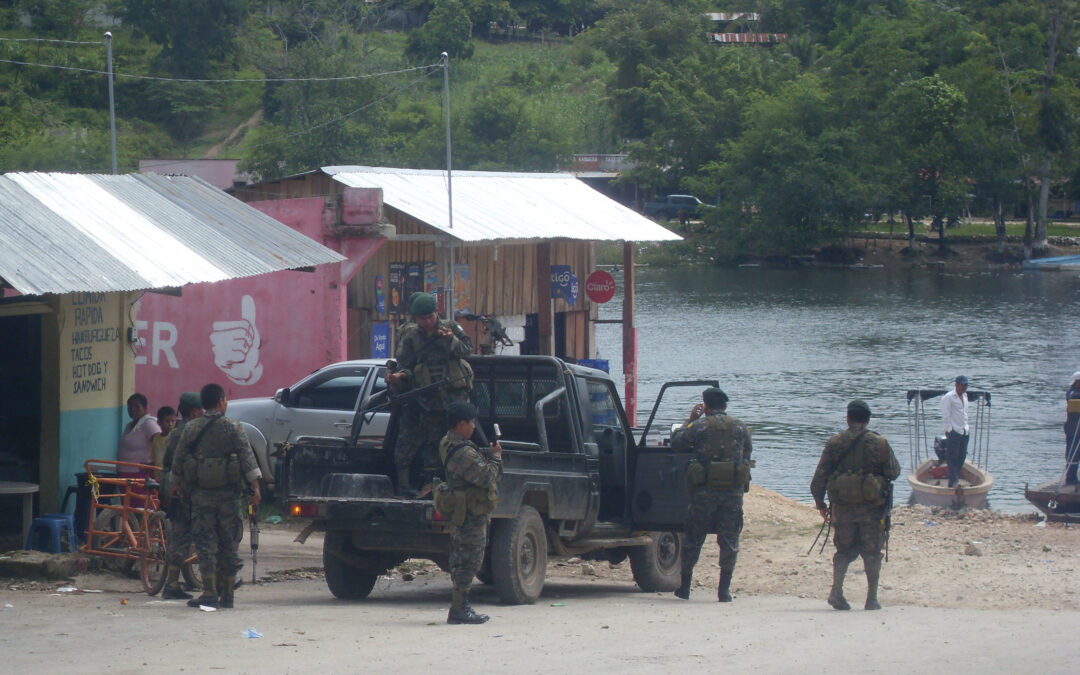
Jun 5, 2017 | Noticias
La CIJ espresa su más honda preocupación por los desalojos forzosos de las comunidasdes de Laguna Larga y la Mestiza, del Departamento de El Petén.
El pasado viernes 2 de junio, el Gobierno de Guatemala llevó a cabo un operativo militar en el Departamento de El Petén de desalojo forzoso de la comunidad Laguna Larga, situada en Laguna del Tigre en el municipio de San Andres, y tiene programado llevar a cabo otro de la comunidad La Mestiza, del mismo municipio, para el 14 de junio.
Como consecuencia de este operativo militar, la comunidad de Laguna Larga – alrededor de 600 o 700 personas, incluidos niños, mujeres y ancianos- decidió desplazarse en condiciones deplorables hacia territorio mexicano, en búsqueda de refugio y protección.
El sábado 3 de junio los miembros de la comunidad de Laguna Larga cruzaron la frontera y se encuentran actualmente en el municipio de La Candelaria, Campeche, México, en condiciones sumamente adversas. Varios niños y niñas muestran signos de enfermedades respiratorias.
Preocupa particularmente a la CIJ la situación física y mental de un niño que fuera perseguido por las fuerzas militares, durante el operativo de desalojo.
En repetidas ocasiones, la CIJ ha expresado que las comunidades que viven en los municipios de San Andrés y La Libertad en el departamento de El Petén, siguen enfrentando la exclusión sistemática por parte de las instituciones del Estado, así como violaciones graves a los derechos humanos, en particular violaciones a los derechos económicos, sociales y culturales.
Por el hecho de vivir en una zona protegida de conformidad con la Ley de Áreas Protegidas, el Estado guatemalteco considera a estas poblaciones como “ilegales” y las acusa de cometer el delito de “usurpación” de áreas protegidas, prohibiendo el ingreso de materiales de construcción, herramientas o cualquier bien que pueda garantizar o significar la más mínima “permanencia” en dichas comunidades o en la zona.
Recientemente fue detenido arbitrariamente el señor Jovel Tovar, acusado del delito de usurpación de áreas protegidas, quien se encuentra detenido en la cárcel de San Benito, en el Departamento de El Petén.
Paradójicamente, el Estado guatemalteco permite y facilita la explotación petrolera en dicha zona, de la compañía PERENCO, a pesar de que los derrames petroleros y otras actividades relacionadas con esa actividad, producen un serio deterioro a las reservas de agua dulce, las cuales son las más importantes de Mesoamérica.
La CIJ considera que esta política afecta seriamente los derechos de la población asentada en la zona.
En repetidas ocasiones, la CIJ ha podido observar que el Ejército de Guatemala, conjuntamente con la Comisión Nacional de Áreas Protegidas (CONAP), implementa operativos por medio de los cuales se lleva a cabo un acoso permanente a las comunidades que viven en las zonas protegidas.
La presencia del Ejército de Guatemala en la zona y la existencia de diferentes “retenes” militares son parte de la estrategia de acoso permanente a las poblaciones asentadas en la región, las cuales llegaron allí en el marco de un programa estatal en los años setenta, antes de la declaración de zona protegida.
Según la Constitución Política de la República de Guatemala, el Estado se organiza para proteger a la persona y no para perseguirla.
El acoso permanente a las comunidades, así como las políticas de Estado contra las personas que viven en las zonas protegidas, estableciendo “cercos de presión psicológica, material y militar”, constituye una política de Estado que contradice la Constitución Política de Guatemala, así como convenios y tratados en materia de derechos humanos – especialmente el Pacto Internacional de Derechos Económicos, Sociales y Culturales (PIDESC) de las Naciones Unidas-, que imponen la obligación al Estado de garantizar los derechos económicos, sociales y culturales y que toda persona disfrute del más alto nivel posible de salud física y mental.
Ramón Cadena, Director de la CIJ para Centro América expresó: “Esta política del Estado de Guatemala de desalojar a las comunidades de cualquier región del país en forma violenta, contraviene el Derecho Internacional de los Derechos Humanos y los estándares internacionales y el Estado de Guatemala debe ser declarado responsable y reparar los daños y perjuicios causados.”
Para mayor información:
Ramón Cadena, director CIJ C.A. al correo ramon.cadena(a)icj.org o a los telefonos +502 23601919; +502 23610538.
Leer más aqui:
Guatemala-Desalojo Peten-News-2017-SPA (en PDF)
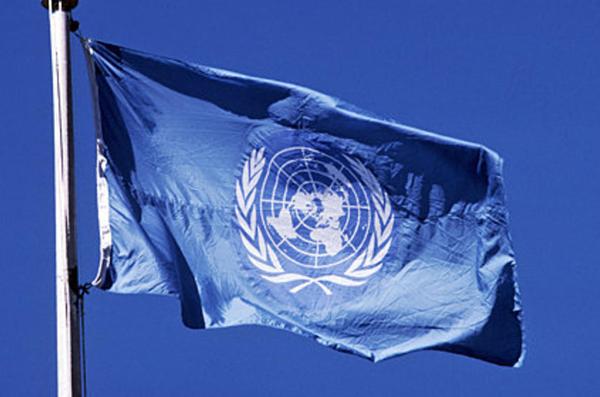
Jun 5, 2017 | Advocacy, Non-legal submissions
The ICJ has made a submission to the UN Human Rights Committee in advance of its forthcoming examination of Pakistan’s initial report under International Covenant on Civil and Political Rights (ICCPR).
In its submission, the ICJ has brought to the Committee’s attention concerns in relation to the following issues:
- The compliance of Pakistan’s counter-terrorism laws with the State’s obligations under Articles 6, 9 and 14 of the Covenant, particularly in the context of its “military justice” system;
- Shortcomings in the legal framework relevant to torture and other ill-treatment;
- The continuing practice of enforced disappearances and, in this context, the ongoing impunity of law enforcement and military agencies;
- The compliance of Pakistan’s blasphemy laws with Articles 14, 18, and 19 of the Covenant; and
- The compatibility of Pakistan’s “International Non-Governmental Organizations Policy” with the State’s obligations under Article 22 of the Covenant.
The Human Rights Committee will examine Pakistan’s initial report during its 120th session, which will be held in Geneva from 3-28 July 2017.
Following the review, the Committee will adopt Concluding Observations setting out recommendations to the Pakistani Government.
Pakistan -ICCPR submission-Advocacy-non legal submission-2017-ENG (full text in PDF)
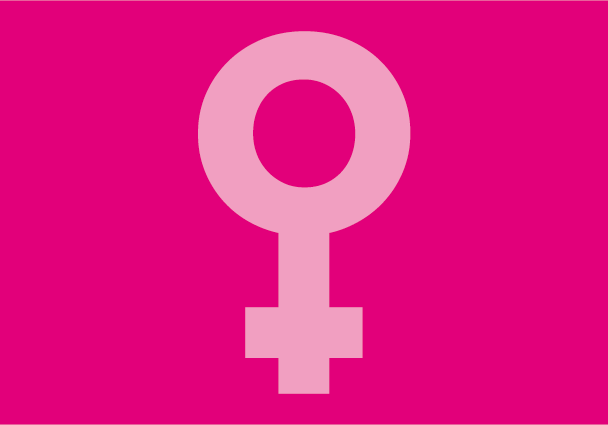
Jun 1, 2017 | Advocacy, Open letters
The ICJ and other NGOs have jointly issued a checklist of key criteria for the selection and appointment of new members for the UN Working Group on the issue of discrimination against women in law and in practice.
The Human Rights Council will appoint four new members of the UN Working Group at its 36th regular session in September 2017. The deadline for applications of candidates expired on 1 June 2017.
The proposed criteria were developed by:
- Amnesty International
- Alkarama Foundation
- Global Initiative for Economic, Social and Cultural Rights
- International Commission of Jurists
- International Lesbian, Gay, Bisexual, Trans and Intersex Association
- International Service for Human Rights
- World Organization against Torture
The NGO’s called on States, NGOs and others, including relevant professional networks, to use the prepared checklist to identify eligible candidates, the strongest of whom should meet a substantial number of the criteria.
Joint NGO-Criteria UNWG Discrimination Against Women-Advocacy-Open Letter-ENG (criteria checklist, PDF)
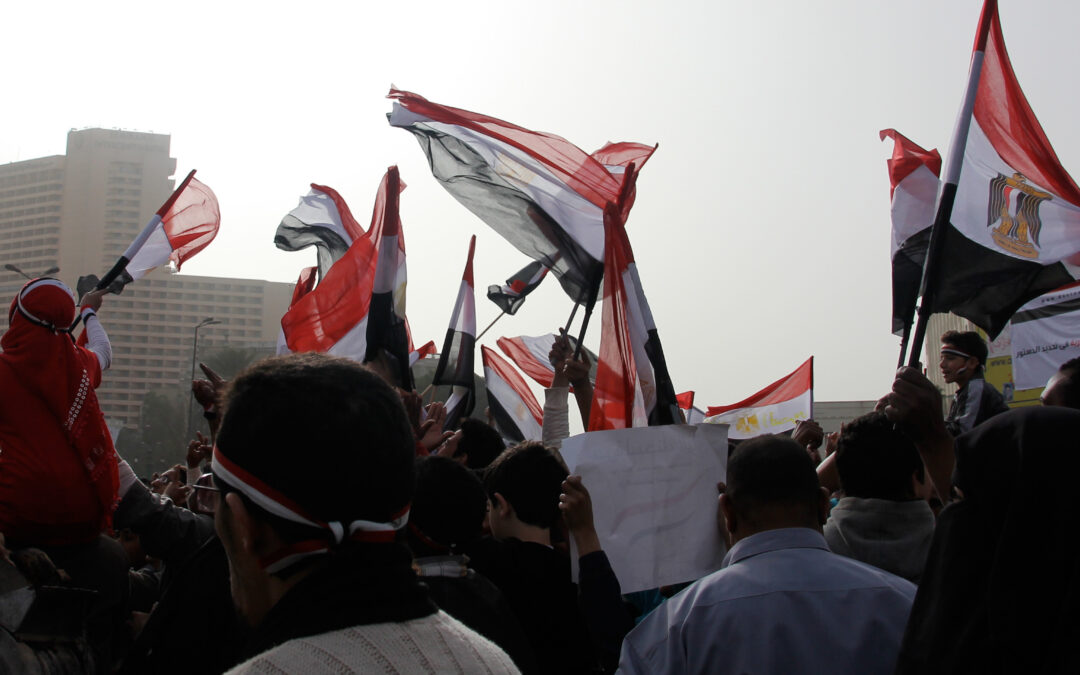
May 31, 2017 | News
The ICJ today called on the Egyptian authorities to act immediately to repeal the law on civic associations.
The law was adopted by Egypt’s Parliament on 15 November 2016 and signed into law by President El-Sisi on 29 May 2017.
Until the law is repealed, the authorities should desist from enforcing it, the ICJ says.
The law effectively prohibits most Egyptian human rights non-governmental organizations (NGOs) from registering and working in Egypt, stipulating that civic associations’ work shall take place in the fields of development and social welfare consistent with “the State’s plans and its developmental needs and priorities.”
Egyptian and international NGOs are also forbidden to advocate against any law or its implementation, as well as to carry out “political activities” or any that “harm national security, public order, public morals or public health.”
They are prohibited from conducting public surveys, research or reports without permission and approval of the results of such work must be given by the authorities prior to publication (articles 14, 87).
The law also provides for an entity to be formed by presidential decree from representatives of three security bodies, which will decide on all matters related to NGO funding, the registration and issues relating to the work of international NGOs, and cooperation between Egyptian associations and any foreign body.
“The law on civic associations, if implemented in its present form, would be tantamount to an official death certificate of independent civil society in Egypt,” said Said Benarbia, ICJ Middle East and North Africa Director.
“By signing it into law, President El-Sisi is silencing the very organizations that could act as a check on the abusive and arbitrary exercise of his power,” he added.
The adoption of this repressive law is just the latest measure in a sustained, relentless campaign by Egypt’s military and executive authorities aimed at dismantling Egyptian civil society through highly politicized judicial proceedings and arbitrary travel bans against NGOs and human rights defenders.
For instance, the foreign funding case taken against NGOs (no. 173/2011) saw leading Egyptian human rights organizations, such as the Cairo Institute for Human Rights Studies (CIHRS), the Arabic Network for Human Rights Information (ANHRI) and the Hicham Mubrak Law Center (HMLC), subject to arbitrary investigations.
The grounds included “receiving funds to harm national interests and destroy the basic foundations of the state (the army, police, and judiciary),” “establishing an entity operating as a civic association without official registration,” and “income tax evasion.”
Four of these organizations and six NGO directors/board members have been subjected to asset freezes.
In the last two months, many NGO staff and directors have been summoned for interrogation by investigative judges, including ICJ partners Mustapha El-Hassan, Director of HMLC, Gamel Eid, Founder and Director of ANHRI, and Mohamed Zaree, CIHRS’ Programme Director and short-listed candidate for the Martin Ennals Award 2017.
The ICJ has previously documented how the Egyptian authorities have used the justice system as a repressive tool in their efforts to silence many of those suspected of opposing them.
“Egyptian authorities must comply with their obligations under international law and put an immediate end to their campaign to silence human rights defenders and NGOs. A first step in that direction would be the immediate repeal of the law on civic associations,” Benarbia said.
Contact
Said Benarbia, Director of the ICJ Middle East and North Africa Programme, t: +41 22 979 38 17: said.benarbia(a)icj.org
Egypt-NGO Law-News-Press release-ARA (Press release in Arabic, PDF)









